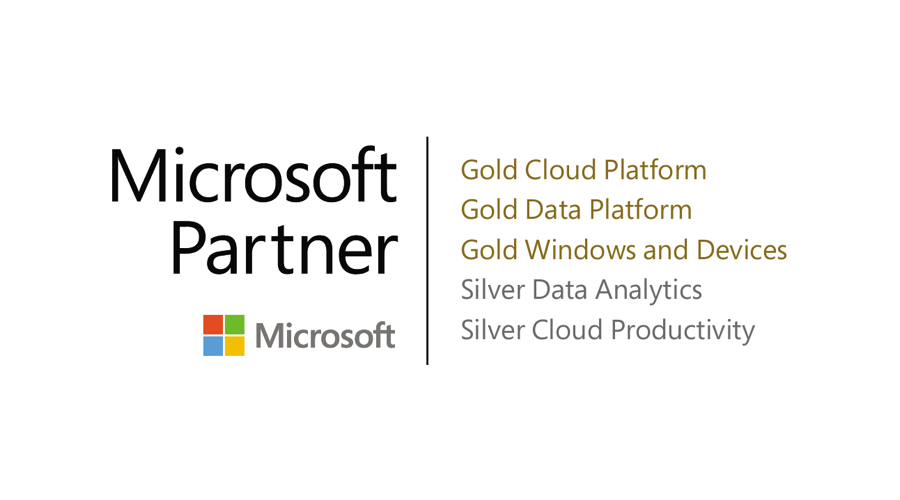
Exciting updates for the Microsoft 365 landscape – Copilot has been released, offering a groundbreaking advance in productivity and collaboration. While the advantages are significant, it’s crucial to pause and confirm that your organization is genuinely prepared for this revolutionary tool. This blog will walk you through the merits of Microsoft Copilot, encouraging a readiness assessment before fully adopting it.
The Advantages of Microsoft Copilot:
- Word Empowerment: Visualize effortlessly refining your ideas into polished documents. Microsoft Copilot transforms Word into an intuitive writing companion, understanding your style, suggesting improvements, and expediting your document creation process. It’s akin to having an AI writing assistant right at your fingertips.
- Excel Efficiency: Number crunching becomes more intelligent with Copilot enhancing Excel. It suggests formulas, data manipulations, and provides real-time insights. It’s not merely a tool; it acts as your intelligent partner in data analysis, saving time and elevating your spreadsheet capabilities.
- Teams Collaboration Enhancement: Microsoft Teams transcends its role as a communication platform – with Copilot, it evolves into a collaborative powerhouse. Copilot comprehends your messages, suggests responses, and facilitates smoother conversations. It’s the boost your team requires for effective collaboration, especially in this era of remote work.
Addressing Unrestricted AI Access:
While Copilot offers unparalleled benefits, it’s crucial to tackle potential challenges, particularly related to data privacy and security. With great power comes great responsibility, and concerns arise when Copilot gains access to all your data.
Consider this scenario: an employee, innocently searching for information, stumbles upon sensitive data, such as another person’s salary or a manager’s Yearly Review. These situations underscore the importance of implementing safeguards before fully embracing Copilot.
The Imperative of a Copilot Readiness Assessment:
Before fully embracing Copilot, a comprehensive readiness assessment is imperative. This evaluation ensures alignment with your organization’s security, compliance standards, and data governance policies. It serves as a precautionary measure to identify and address potential weaknesses in your Microsoft 365 data infrastructure.
Crucial Aspects of the Readiness Assessment:
- Data Governance Evaluation: Assess how Copilot aligns with your organization’s data governance policies. Ensure responsible data use, adhering to regulatory requirements and internal standards.
- Security Protocol Review: Scrutinize the existing security protocols in place to prevent unauthorized access. Confirm that Copilot operates within the confines of your organization’s cybersecurity framework.
- Privacy Considerations: Examine the privacy implications of Copilot usage. Establish guidelines to safeguard sensitive information and ensure that Copilot respects user privacy.
Conclusion:
Microsoft Copilot is a game-changer, promising to revolutionize how we work and collaborate. However, successful digital transformation requires careful planning. Before fully embracing Copilot, invest in a comprehensive readiness assessment. By doing so, you’ll not only unlock the immense benefits of this tool but also fortify your organization against potential pitfalls, ensuring a smooth and secure journey into the future of productivity.

Recent Posts
- Thinking About Leaving GoDaddy? Discover How to Gain Full Control of Your Microsoft Tenant and Boost Security
- 5 Advanced Security Features of Azure Virtual Desktop for Enterprise Protection
- Top 10 Questions IT Leaders Ask About Azure Virtual Desktop (AVD)
- How Azure Virtual Desktop Simplifies Remote and Hybrid Work for IT Leaders
- Azure Virtual Desktop vs. Windows 365: Which Cloud Desktop Solution is Right for Your Business?
Each Azure project begins with a comprehensive Azure assessment, during which our team evaluates the existing environment, tackles challenges like compatibility and security, and designs a personalized migration approach.
